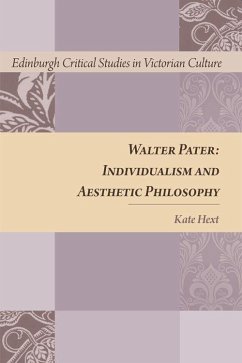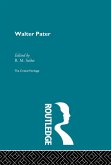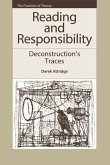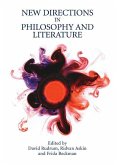Walter Pater Individualism and Aesthetic Philosophy Kate Hext 'In this original study of Walter Pater's many contexts - Oxford's classicists and colleges, late Victorian ideologies, German Idealism, theories of evolution and time - Kate Hext's Pater is revealed as intensely modern, obsessed with the most modern of problems: the status of the individual in nature and society. If the Blessed will not care what angle they are regarded from, the individual Pater and Pater's Individual are blessed in Hext's graceful, philosophical touch.' Regenia Gagnier, University of Exeter The first book-length study of how Walter Pater was influenced by and challenged modern philosophies This new study combines close readings with cultural and intellectual history, as well as Pater's biography, to reconsider individualism and philosophical thought in Paterian aestheticism. Kate Hext argues that 'late-Romantic individualism' and not art is at the heart of aestheticism. She suggests that Pater engaged with idealist and empiricist philosophies to redefine the individual and, in rejecting the philosophical discourse of the time, he refashioned prose form to fit the individual of late-nineteenth century culture. Although Pater saw the individual as a vulnerable being assailed on every side by evolutionary theory, deep time, the demands of society, and even his own potentially dangerous desires, the individual remained at the centre of his aesthetic. In reinstating the individual at the heart of Pater's writings Hext achieves a considerable revision of how we think about Paterian aesthetics. Kate Hext is a lecturer in English at the University of Exeter. She has written widely on the relationship between aestheticism and literature in the nineteenth century. Cover design by Cathy Sprent [EUP logo] www.euppublishing.com
Hinweis: Dieser Artikel kann nur an eine deutsche Lieferadresse ausgeliefert werden.
Hinweis: Dieser Artikel kann nur an eine deutsche Lieferadresse ausgeliefert werden.








